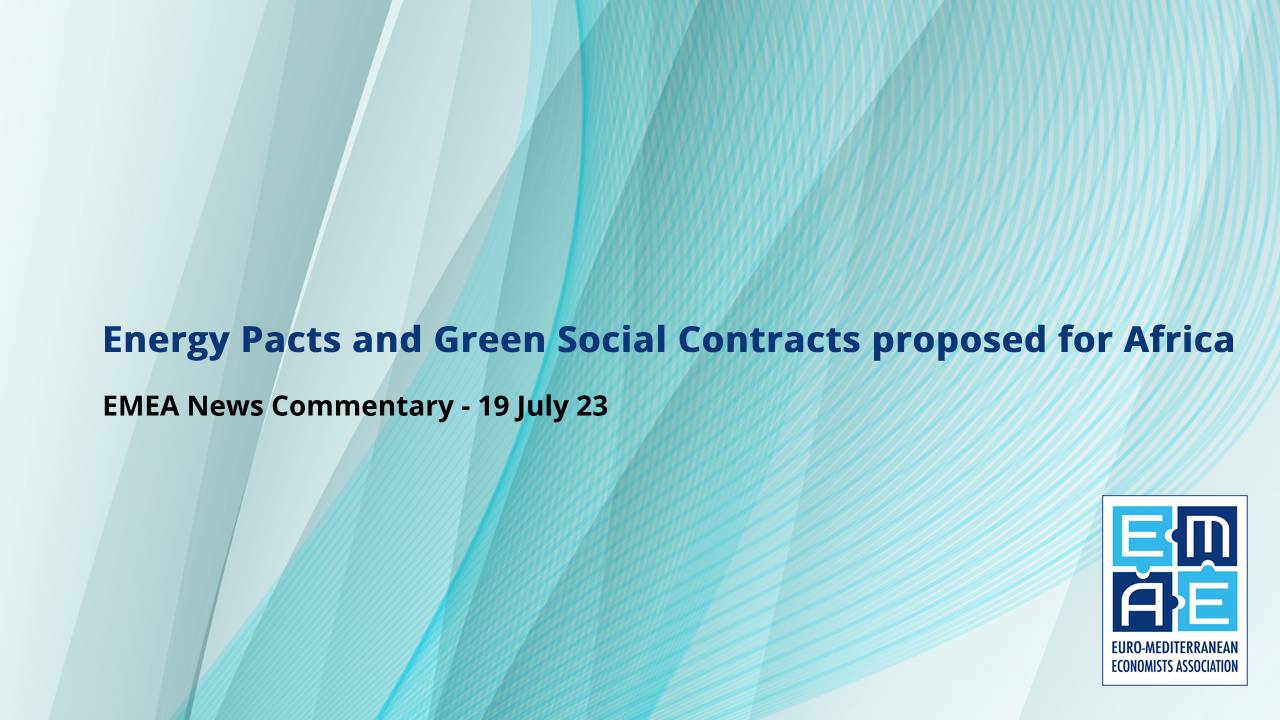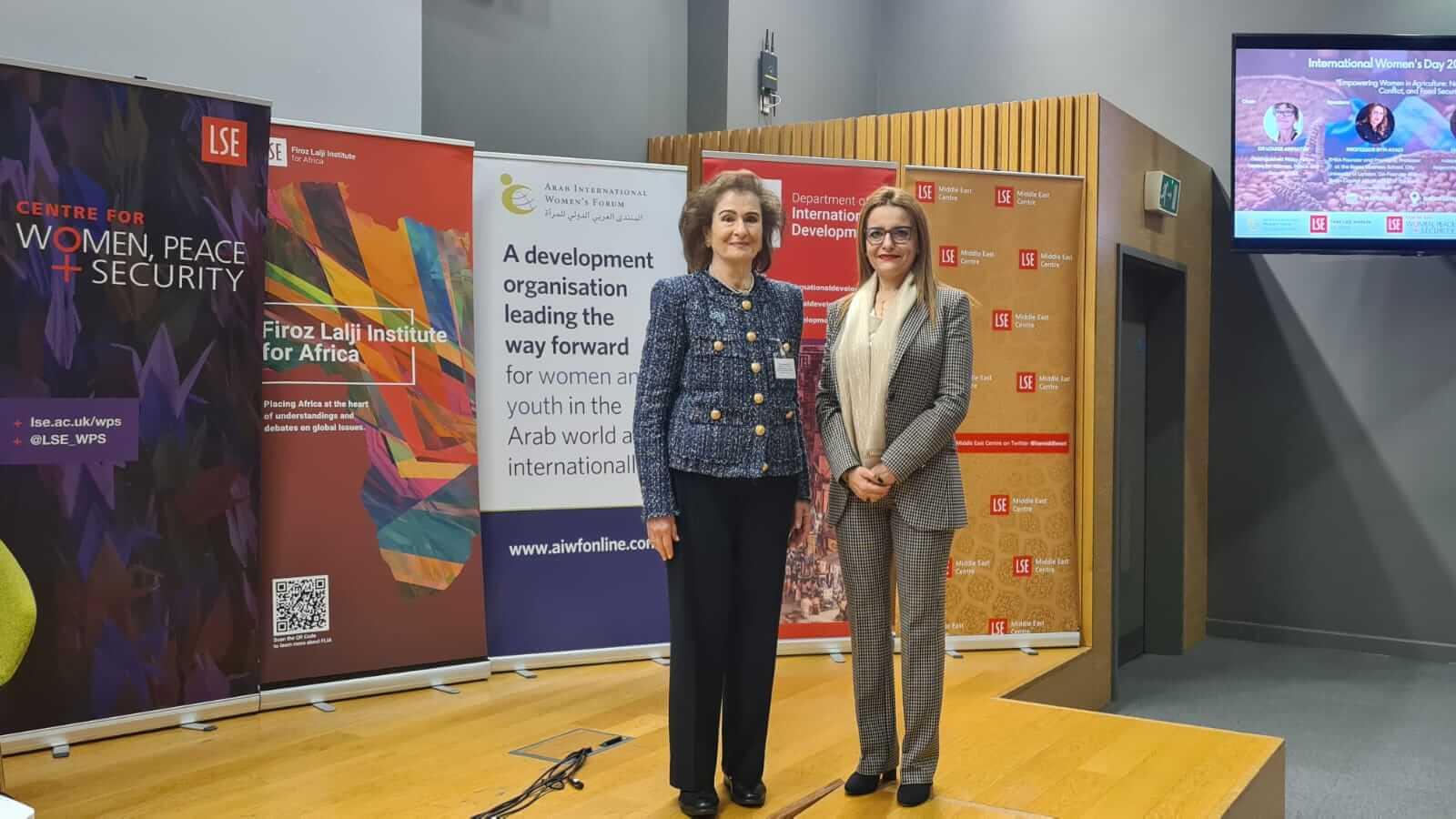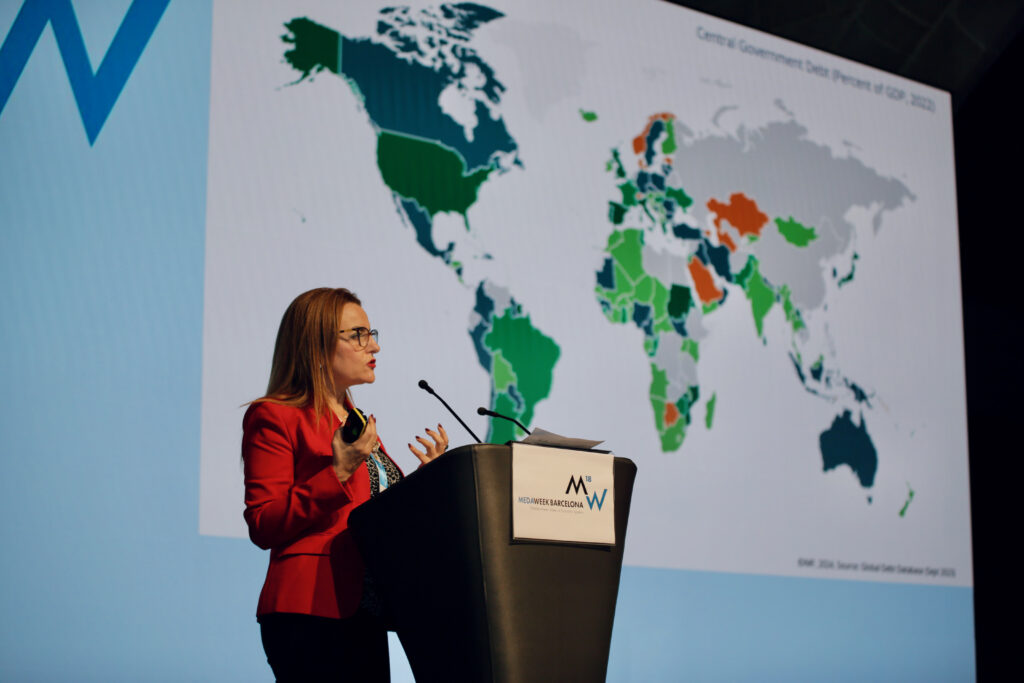Ahead of September 2023’s African Climate Action Summit in Nairobi, governments and their international partners are going to have to cooperate on key issues like universal energy access. They’ll also have to speed up the continent-wide deployment of renewables and boosting green industry investments.
If they don’t, Africa could be left out on a limb regarding a clean-energy future, according to the Project-Syndicate title.
Ensuring that Africa moves away from damaging fossil fuels would have multiple benefits. For the world’s poorest countries and communities, initiatives such as solar and wind powered energy could provide a route to prosperity. Such initiatives would create jobs, improve health, encouraging social and gender equality, whilst at the same time getting to grips with climate change.
Will cheaper renewables become mainstream?
The continent is sitting on huge untapped potential, says the publication. It boasts 60% of the world’s top solar resources, yet its current solar PV capacity is equivalent to that of tiny, sun-restricted Belgium. Hydro, wind and geothermal power are other hugely under-utilised energy sources.
Despite this, hundreds of millions of Africans – already at the mercy of unproductive, debt-restricted economies – are being held back because they have no access to electricity, which is also now increasingly costly. According to Project Syndicate, by 2030 renewable energy sources – like solar – will be the cheapest sources of electricity virtually everywhere in Africa.
Meanwhile, 80% of people in sub-Saharan Africa burn harmful wood and biomass for their cooking, which disproportionately affects the health and educational outcomes of women and children. Cleaner cooking fuels would mean less time collecting firewood and reduced greenhouse gases in the atmosphere.
It was reported that roughly 3% of energy investment goes to Africa – despite it being home to 17% (and rapidly rising) of the global population.
International financial institutions need to mobilise private capital to address this imbalance, urges the publication. This would help to encourage projects supporting vulnerable populations, establishing a foundation for sustainable economic growth and turning Africa into a great place for inward investment.
The paper reports that off-grid solar and battery-powered energy systems were already proving transformational for remote areas but that reliable centralised and decentralised power grids were essential for supplying growing industries in heavily populated urban centres.
At the same time, Africa isn’t short of essential raw materials – boasting 40% of the world’s cobalt, manganese and platinum reserves. In the years to come, responsible extraction of these minerals – key components of batteries and hydrogen fuel cells – will be crucial to upholding environmental and social governance.
The continent also needs to boost its refining and manufacturing capacity, underpinned by a well-equipped and well-trained labour force.
Setting everything in context, the publication recommends that a New Energy Pact should come into being at the Nairobi Summit, before the Dubai-hosted COP28 Conference towards the end of 2023. This would ensure that Africa can play a pivotal role in the emerging clean energy economy, fostering deeper collaboration between African countries and their international partners.
If handled correctly, it would provide lasting benefits for Africa, including greater energy security and improved living standards. If ignored, however, it would be to the detriment of the whole planet.
Greenness and fairness belong together
Meanwhile, the Guardian of London says the world won’t become fairer until it becomes greener.
The absence of a green social contract is a key issue, according to their writer, Simone Tagliapietra, research fellow at the Bruegel think-tank. The poor and vulnerable need to be contractually engaged with any action on the climate.
Tagliapietra puts forward the argument that the decreasing cost of green technology and the global appetite for climate neutrality should make everything in the garden look rosy. But the cost of decarbonisation shouldn’t fall disproportionately on the most vulnerable. If it does, it will simply create a bigger gulf in inequality.
“Climate action should be designed in a way that improves social equality,” he writes. That’s where a new green social contract should enter the picture, but weaning citizens off fossil fuels was proving challenging for Governments worldwide. In mitigation, the move towards creating carbon taxes, to include financial compensation for poorer communities, was gaining traction.
Conflicted views of voters
Even in Europe, support for climate measures was “broad but shallow.” A survey by the Open Society European Policy Institute found that whilst a majority of voters favoured buying less plastic, they were reluctant to pay more for petrol or airline tickets. As a consequence, new gilet- jaune style movements, as seen in Paris, could emerge across Europe if Governments started turning against coal mining regions or those driving diesel cars.
“Populists and culture warriors may well find in climate policy their new flagship issue, arguing that urban elites are driving the policy, but the cost ultimately falls on the shoulders of “ordinary” citizens,” he warns. This would make it politically more dangerous for mainstream parties to really go green.
A new green social contract, however, could interrupt this political vicious cycle.
Nevertheless, measures such as carbon border taxes could impact the economies of poorer countries. A Konrad Adenauer Foundation-conducted survey of the Asia-Pacific region revealed that policymakers thought carbon border taxes were seen as protectionist and discriminatory towards developing countries. This could be overcome with greater fairness and equity, with the introduction of border charge exemptions or the use of carbon border taxes to kick-start international funding of green projects in poorer countries.
At the same time, countries could learn from the gilet-jaune unrest, to which France responded with a Citizen’s Climate Convention, “an experiment in direct democracy aimed at identifying climate solutions rooted in social equity and fairness.”





